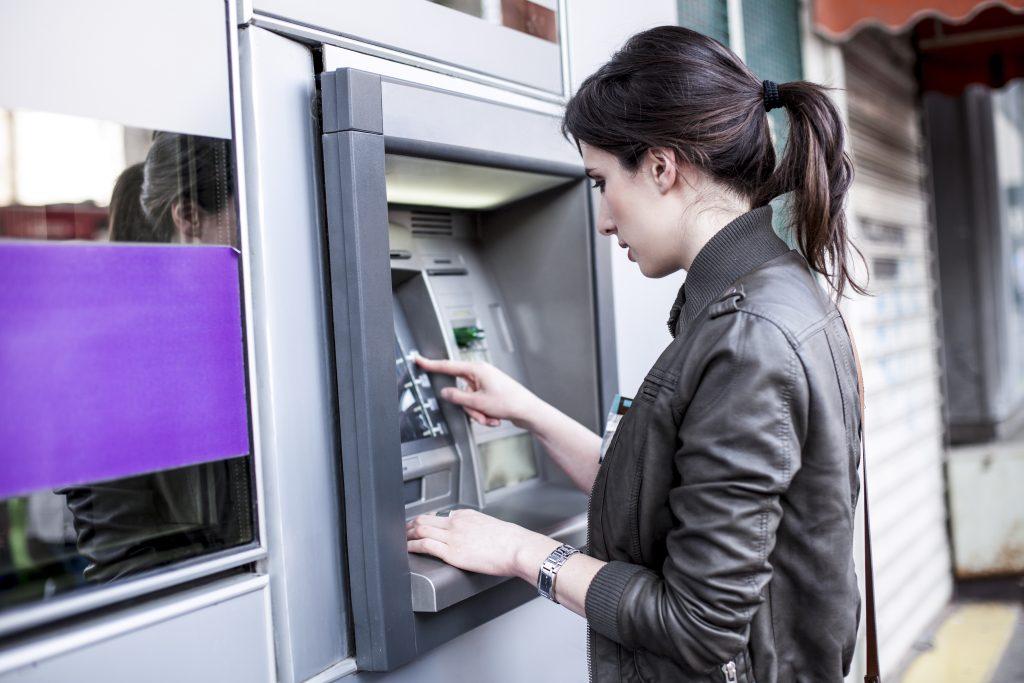There’s no denying the convenience of an ATM machine. You can skip the lines in branch if all you need is cash, or use it at night or on the weekends when your financial institution is closed. However, with this convenience comes some risk and we’re here to give you some tips on how to spot potential ATM card skimming and keep your information safe.
What is ATM card skimming? This is when a criminal installs a device either over the card reader or pin pad to capture your information as you use the machine. Here are a couple of ways you can spot a skimming device:
- ATM parts seem to be loose – Any device or part included on a real ATM will not move, it will be securely attached to the machine. If you notice anything wiggling, especially around the card reader or the pin pad, it’s best not to use the ATM and to notify your branch or even the police right away.
- New Colors or Graphics – If you notice anything seems to look unusual, such as a new color card reader, graphics that aren’t lining up like they used to, or maybe even a larger card reader, the ATM could be compromised by a skimming device.
- Timing – Criminals have the most opportunity to install skimming devices at night or on the weekends, so be especially aware if using an ATM during these times.
As a general rule of safety regarding your cards and ATM use; always be aware of your surroundings when using an ATM. Check to see that no one is standing too close to you when entering your PIN and always cover the keys when entering your PIN number. When leaving the ATM, put away your card and cash before walking away. Walking away with these still in your hand could make you a target for a criminal.
If you do become a victim of ATM card skimming, make sure you contact your financial institution right away to report the suspicious activity occurring on your account. Be sure to continue to keep a close eye on all accounts and even your credit report, in case a criminal tries to use your information in any way.

